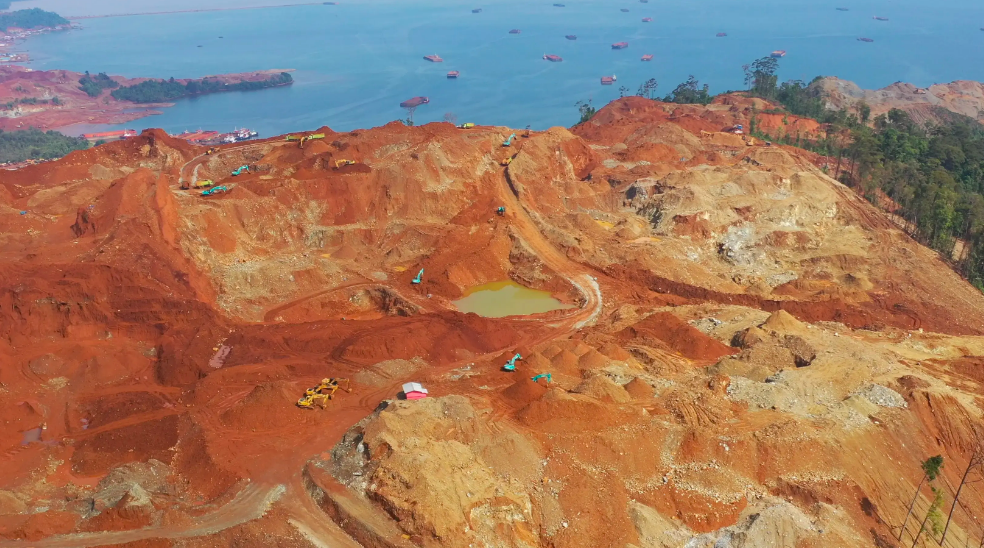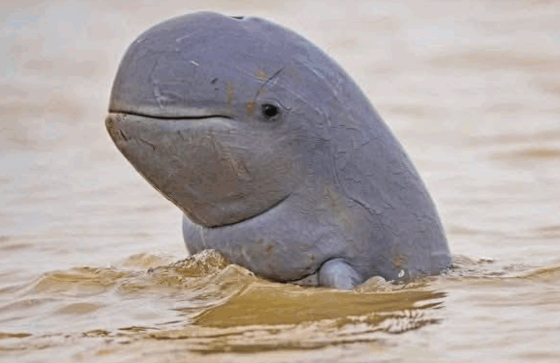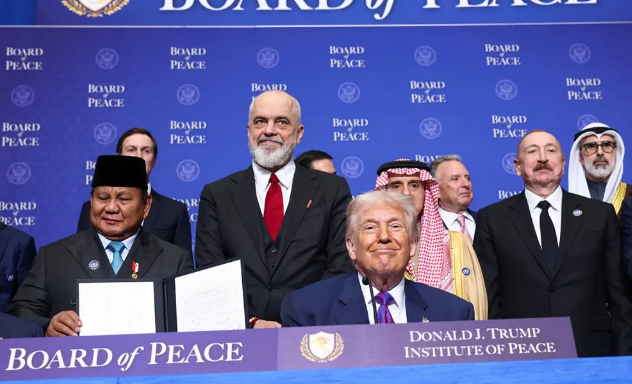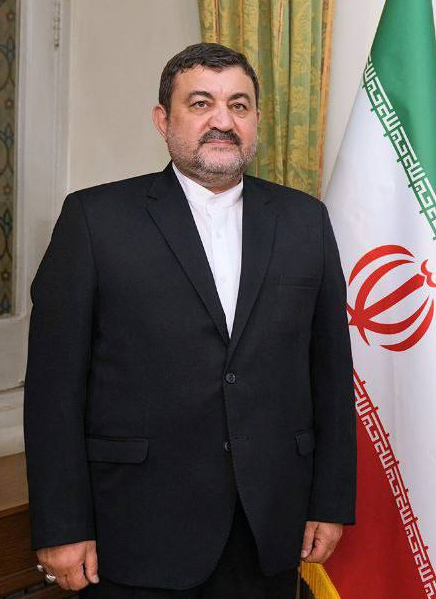
Illegal Chinese mining in Indonesia is back in the headlines, and not by accident. In early September, police raids and land seizures exposed how foreign operators and their local partners cut corners, poison rivers, and chip away at Jakarta’s authority.
Fresh cases, specific names
On September 9, Papua police said they arrested four Chinese nationals and two Indonesians tied to an unlicensed gold site in Senggi, Jayapura. Investigators listed roles from “surveying technician” to “investor,” and said the syndicate had produced around 275 grams of gold since May. One suspect allegedly moved the gold to China. Charges were filed under Indonesia’s 2020 mining law, which carries prison terms and heavy fines.
Three days later, on September 12, a government task force seized 148 hectares within PT Weda Bay Nickel’s concession on Halmahera, North Maluku, citing the absence of a required “borrow-to-use” forestry permit. Officials stressed the company had a mining licence, but lacked the forest permit for the seized plot. Images showed soldiers and officials posting notices that the state had taken control of the area.
How illegal Chinese mining in Indonesia spreads
The playbook is simple. Demand is hot, oversight is patchy, and mercury is cheap. In gold fields, mercury and sometimes cyanide are used to extract ore, leaving contaminated waterways and sick fish. In nickel country, rapid expansion has pushed operations up against protected forests and villages. When permits are missing, work continues anyway until a raid forces a pause.
Why China? Gold is a hedge and a reserve asset; Beijing has been buying. Nickel is strategic for stainless steel and electric-vehicle batteries, and Indonesia is the world’s top producer. That mix creates powerful incentives for Chinese investors and middlemen to secure supply—legally where possible, illegally where they think they can get away with it.
A recent industry report underlined how deep that influence runs. Chinese firms now control around 75 percent of Indonesia’s nickel smelting capacity, giving Beijing leverage over the country’s most strategic mineral. While Indonesia bans raw ore exports to build domestic industry, the processing facilities themselves are largely in Chinese hands. Critics warn this leaves Jakarta with limited bargaining power, even on its own soil.
What the latest crackdown tells us
President Prabowo Subianto has ordered a sweep of illegal resource exploitation this year. Government figures point to more than a thousand suspect mining sites nationwide and trillions of rupiah in potential losses. Markets noticed: nickel prices ticked up after the Weda Bay seizure, a reminder that enforcement in Indonesia moves global metals.
For communities, the impact is not abstract. Villagers report murky rivers, dead fish, and fields that no longer yield. Clean-up is slow and expensive. Fines rarely match the damage. When foreign crews enter on the wrong visa, use front companies, or rely on local fixers to grease permits, the state looks weak and communities lose trust.
What Jakarta should do now
Keep seizing illegal sites—and go further. Publish the beneficial owners behind every concession. Tighten visa checks for “technicians” rotating through small mines. Expand independent water testing and make results public. Require full remediation bonds before any new work begins. And prosecute not only the crews in the field but also the financiers who set up the operations.
The stakes are larger than any single case. Unless enforcement stays sharp, illegal Chinese mining in Indonesia will keep turning natural wealth into toxic liability—and bargaining power into leverage for someone else.




